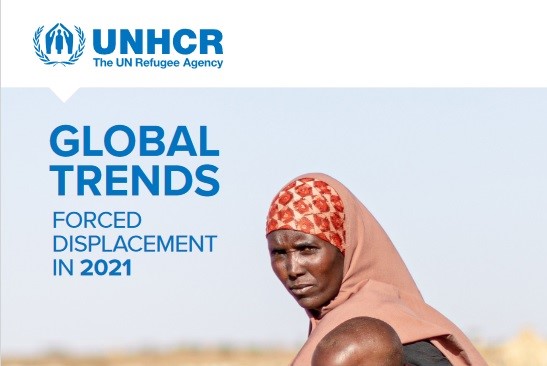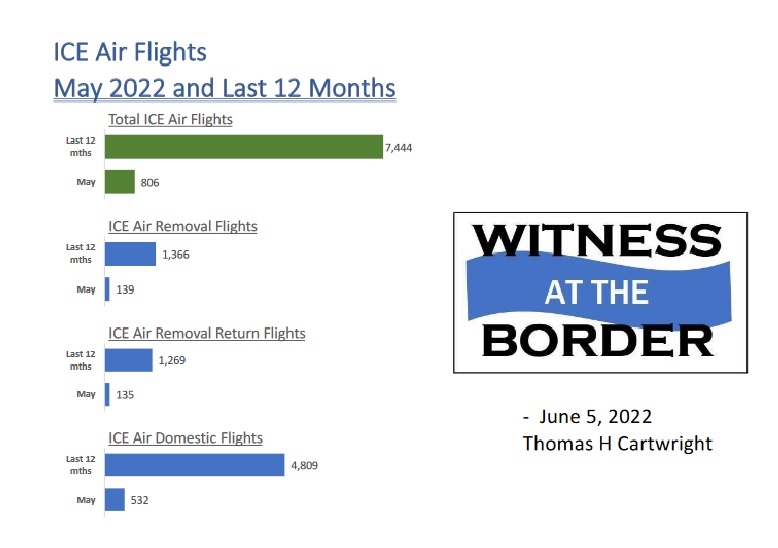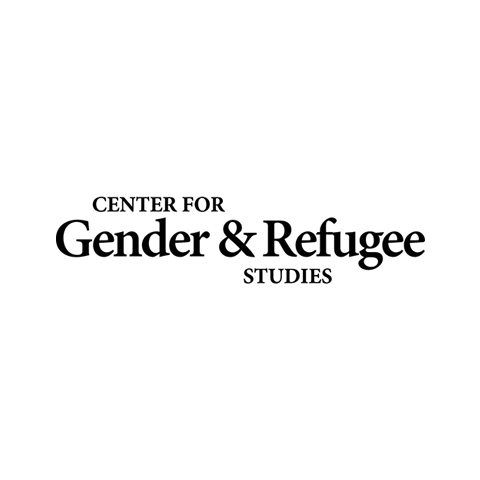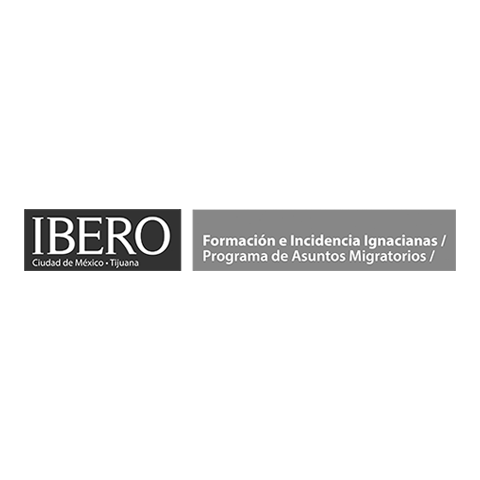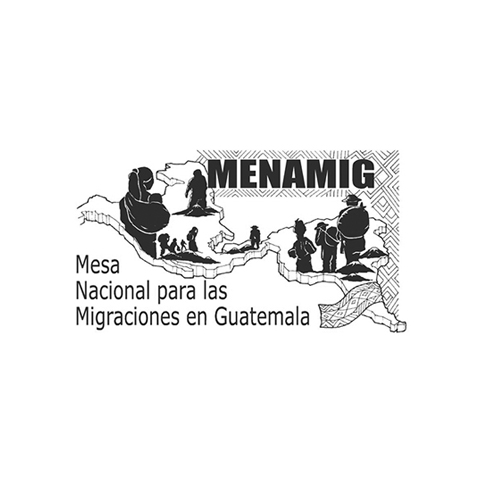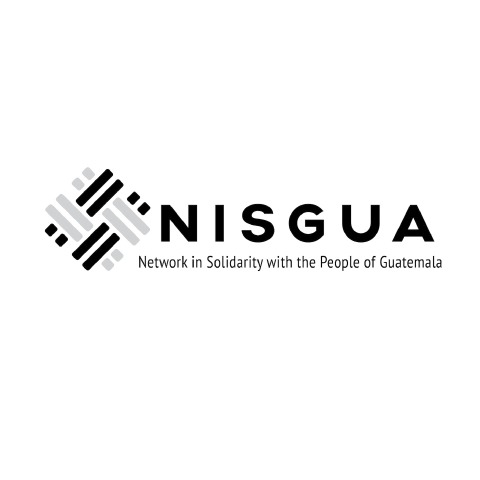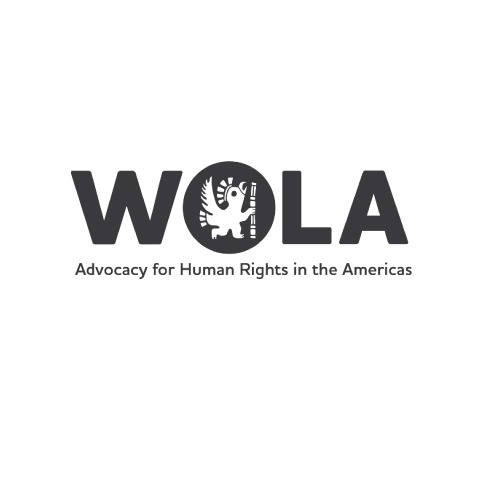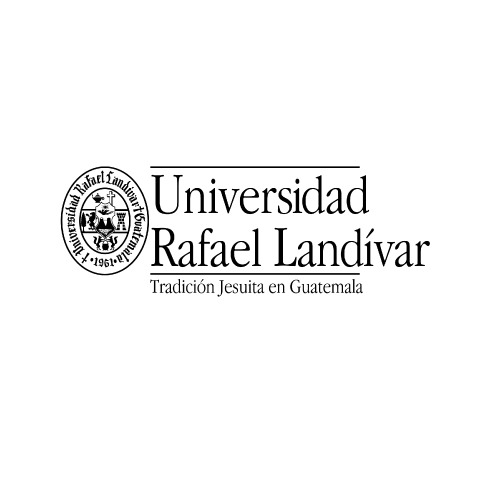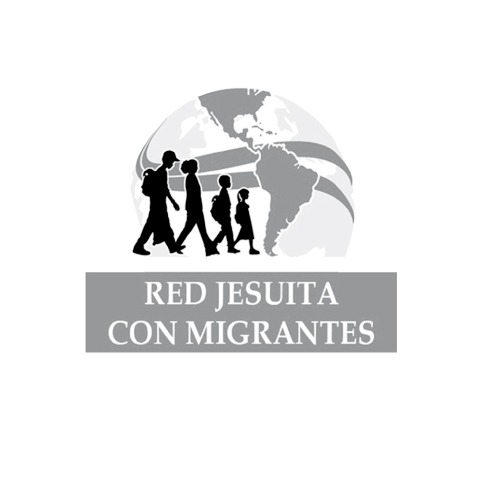Countries
Migration policies and situation in each country of the region
Costa Rica
Historically, Costa Rica has been a destination country for migrants and refugees in the region. By 2011, the foreign-born population represented approximately 9% of the country’s total population. In response, structural discrimination against the mobile population characterizes the state’s response. In this section we present information and resources on the context of human mobility in Costa Rica.
The main characteristic of Costa Rica is that it is a destination country for migrants and refugees in the region. The historical and structural discrimination directed against the population in the context of human mobility has been reflected in the regulations and institutions that have limited access to their rights. In this sense, both the recent increase in the number of people seeking international protection in the country and the absence of comprehensive responses with differentiated attention to address the crisis have generated a series of challenges that make it difficult to guarantee the effective exercise of rights.
In this country report, we present the context of human mobility in Costa Rica and the main challenges for the defense of the rights of the population.
